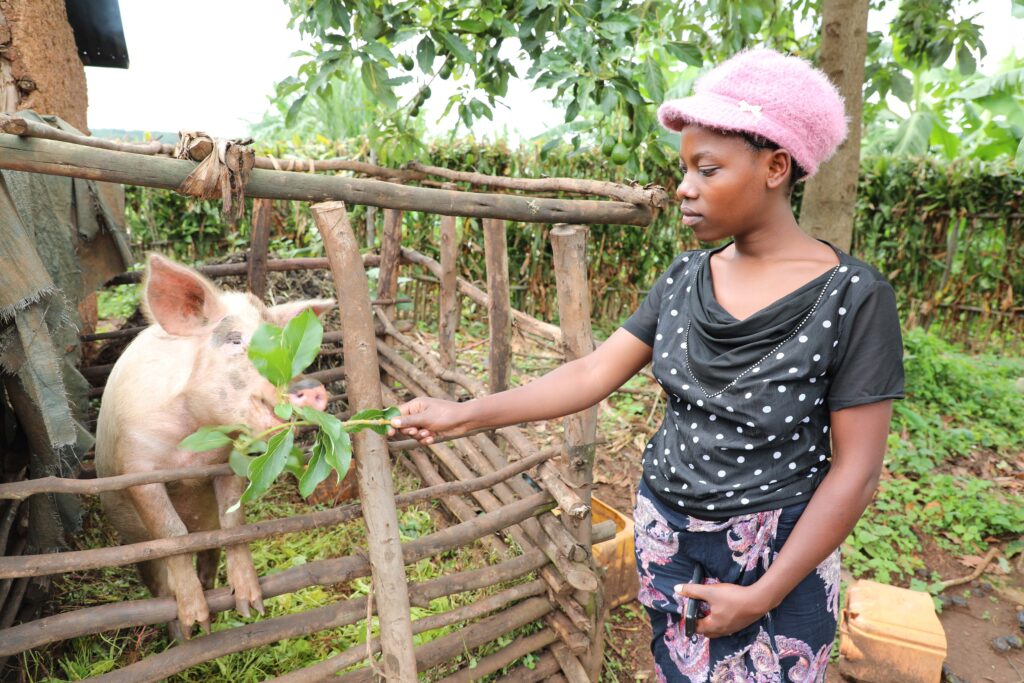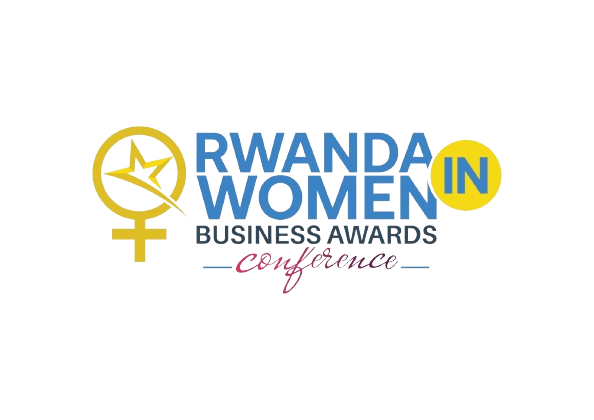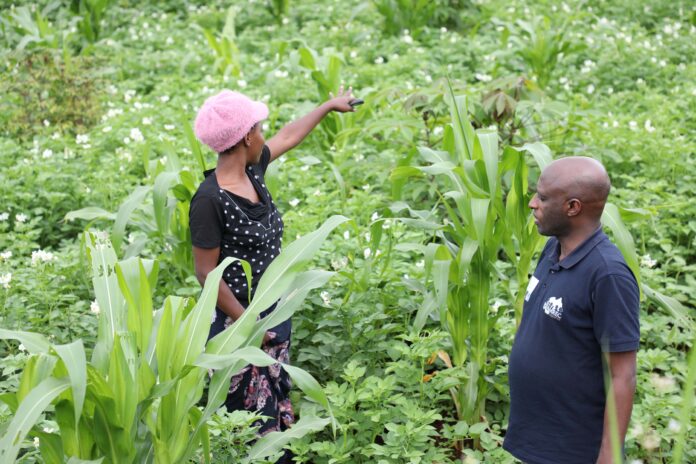In Gatsibo District, young adolescent mothers are rewriting their stories, transforming stigma into strength, and exclusion into empowerment thanks to RWAMREC’s Tinyuka! OSE! project. Through targeted training, financial support, and ongoing mentorship, the initiative is helping these young women reclaim their lives, build small businesses, and find renewed support within their families and communities.
Tinyuka! OSE!, implemented by the Rwanda Men’s Resource Center (RWAMREC) in partnership with Ambassade de France au Rwanda is part of the organization’s broader mission to promote gender equality and prevent gender-based violence through positive masculinity. The project focuses on the socio-economic reintegration of adolescent mothers while engaging their male family members, especially fathers and brothers to challenge harmful gender norms and support young women’s futures.
From July 2024 to June 2025, adolescent mothers in the Remera and Rwimbogo sectors have taken part in a wide range of training on gender equality, GBV prevention, sexual and reproductive health, entrepreneurship, and financial management. Alongside this, male figures in their lives were engaged in sessions promoting positive masculinity and shared responsibility. As part of this support system, the young mothers received start-up capital, tools, and professional counseling, setting the stage for sustainable income-generating activities (IGAs).
Between May 7 and 8, 2025, RWAMREC conducted a follow-up in both sectors to assess the progress of these businesses. Meetings were held with the adolescent mothers, local authorities, and community care providers to share updates, discuss challenges, and offer practical solutions. The findings were encouraging: of the 60 businesses launched (35 in Rwimbogo and 25 in Remera), 55 were running successfully, particularly those focused on agriculture and livestock.
The project has also strengthened community savings culture through “IBIMINA” savings groups. In Rwimbogo, the Tinyuka Duterimbere group has already saved 250,000 RWF in its SACCO account, while the Tinyuka Uterimbere Rubyiruko group in Remera purchased laying hens for each member, fostering both income and nutrition.

Field visits to selected IGAs provided a closer look at the impact. In Remera, Kagoyire Clarisse recalled how becoming pregnant forced her to leave school and led to rejection by her brothers. “I am the youngest in my family and was always loved. But when I became pregnant, everything changed: I had to drop out of school. My brothers rejected me and refused to let me stay in the family home. This situation lasted until my father attended training provided by RWAMREC. Thanks to this, he was able to convince my older brothers to accept me back as their sister. When I received financial support, my parents gave me a plot of land on which I started growing sweet potatoes. I also bought a pig. Once my child is old enough, I will return to school and continue my income-generating activities, as my parents and brothers now fully support me.”
Another young woman, Uwingabiye Francine from Rwimbogo sector, highlighted how the project not only helped her start a successful income-generating activity but also transformed her relationship with her family and community. “I received 60,000 RWF, and I used it to buy an artificial egg incubator that holds 200 eggs. I started with just 50 eggs. Now, I place all 200—and after 21 to 28 days, I get between 150 and 180 chicks. One month later, I sold each chick for 2,000 to 2,500 RWF. My parents support me. Before my father was trained by RWAMREC, I used to face stigma. Today, I live in peace. My parents, sisters, and brothers all support my income-generating activity.,” she said.
Through Tinyuka! OSE!, RWAMREC is not only helping adolescent mothers to earn a living but also to rebuild broken relationships and restore their sense of dignity and possibility. With families now standing beside them and communities starting to shift harmful beliefs, these young women are proving that healing and hope are both possible.



